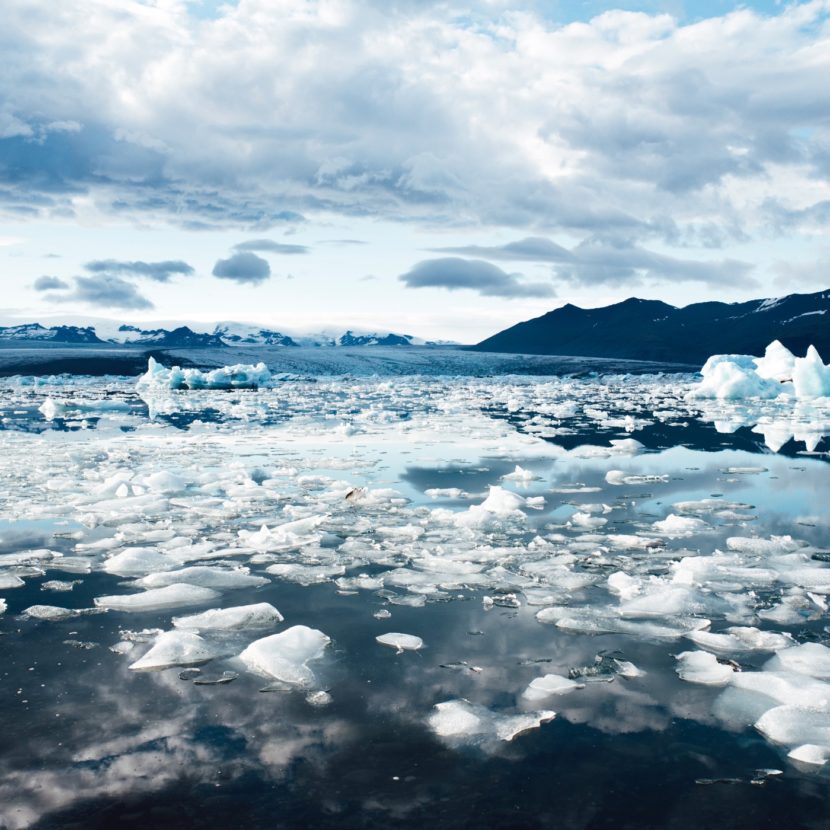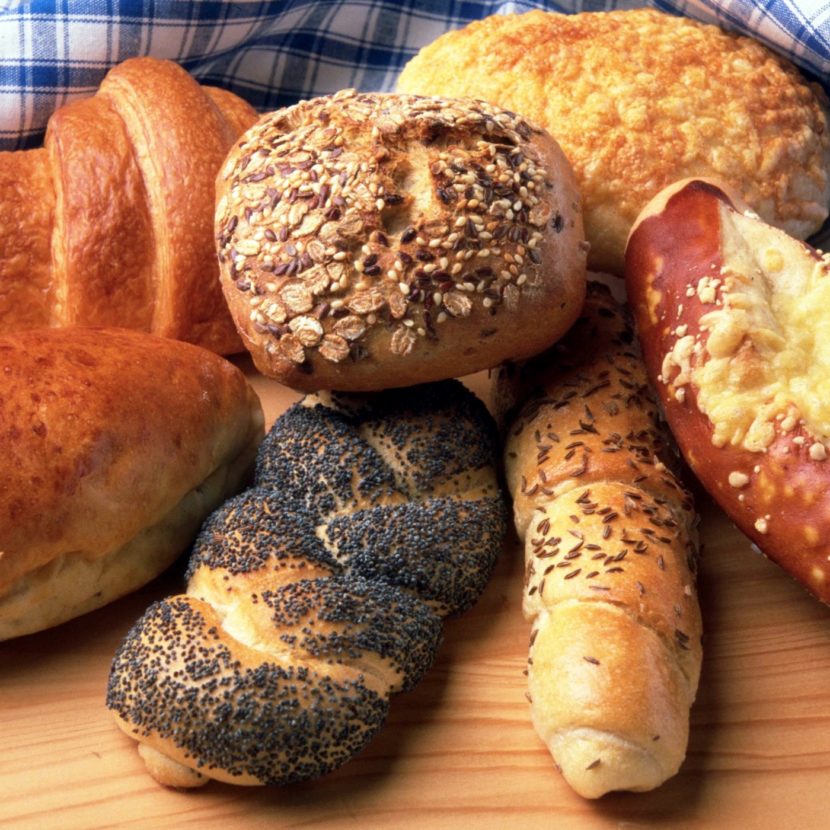Science and technology are everywhere in our lives. This podcast takes a look not only at the science itself, but its role in society, how it affects our lives, and how it influences how we define ourselves as humans. Episodes also throw in a mix of culture, history, ethics, philosophy, religion, and the future! Hosted by Elizabeth Fernandez, an astronomer and science communicator. Let’s spark some dialog! How to subscribe to and rate the podcast.
Getting a Second Chance: Space Ethics, Mining, and Colonization
Do we deserve a second chance on a new planet? How can we explore the stars, but maintain the integrity of space? Space ethics is a new field that many are beginning to consider. Today on the podcast, I am joined with Dr. Tony Milligan, author of Nobody Owns the Moon – the Ethics of Space Exploitation, to discuss everything from space mining to colonization.
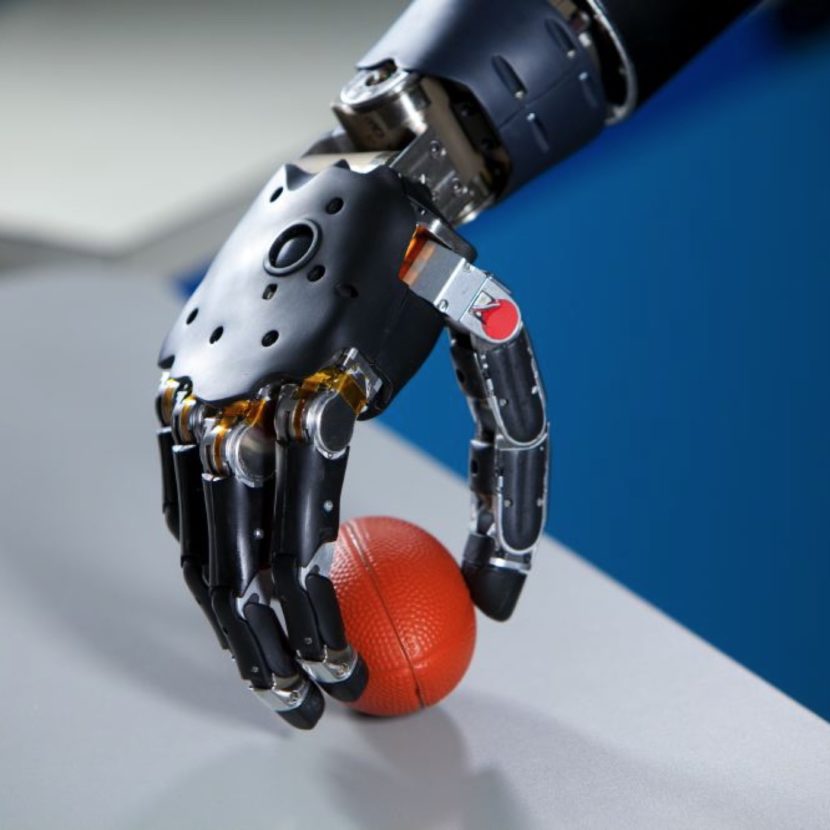
Lending a Hand – a Prosthetic Hand
Zombees! A Halloween Episode
This is the story of the day ZomBees were discovered in San Francisco. No, not the type that eat brains. We’re talking about zombees – honeybees that have their bodies hijacked by parasites and are eaten from within. This is a very real threat to honeybees today in North America, and could affect our entire agricultural system. We talk to Dr. John Hafernik about zombees and the citizen science project ZomBee Watch.
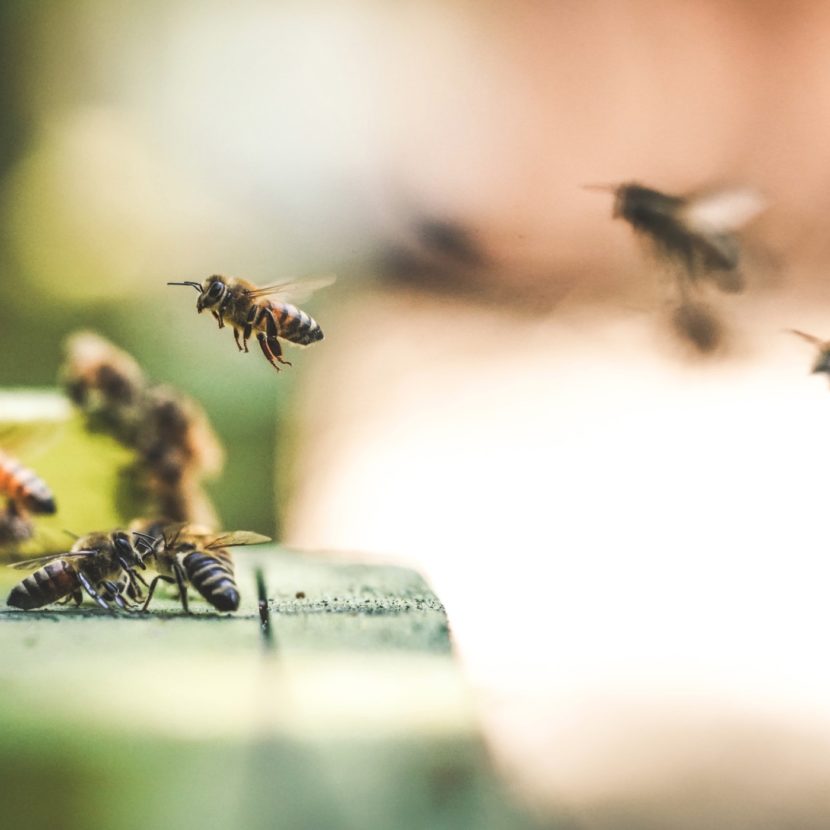

From Steak to Insects – The Future of Food
What does the future of food hold in store for us? Are our current eating practices sustainable, or will a growing population paired with transportation issues force us to rethink how we eat? Today we talk to Max Elder from the Food Futures Lab about the future of food – everything from the evolution of our protein sources to GMOs to lab-grown meat.
Humanitarian and Privacy Concerns with AI
AI and machine learning have become an increasingly prevalent part of our society. Companies use them to take snippets of information about you and to learn about your life, and even to make inferences about what you might do and what you believe. Today we talk to Dr. Rumman Chowdhury about the humanitarian and privacy concerns that result from the use of AI.
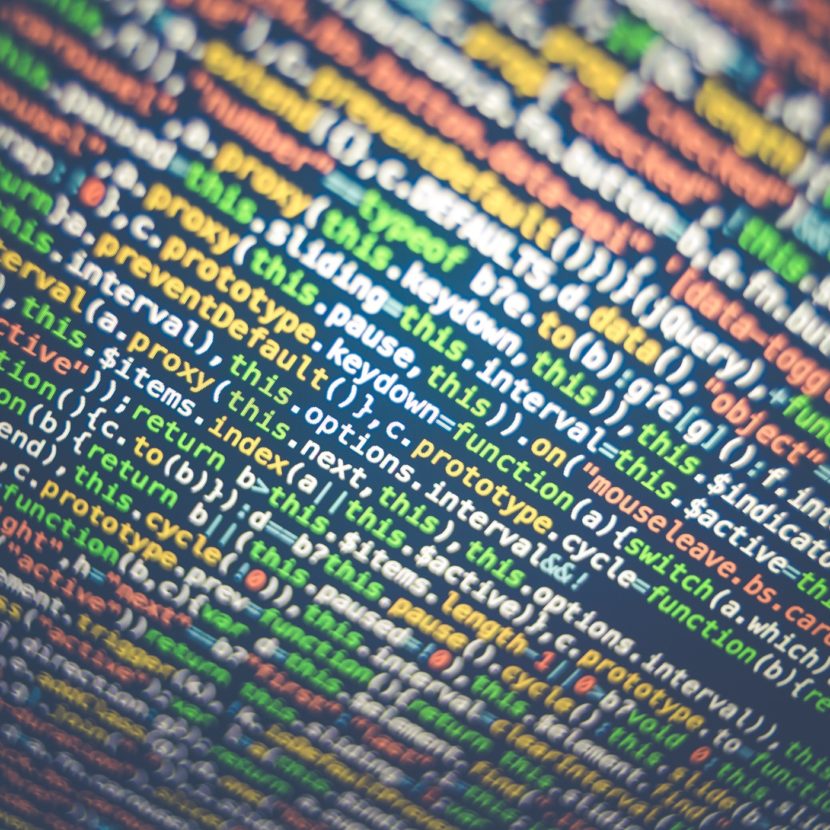
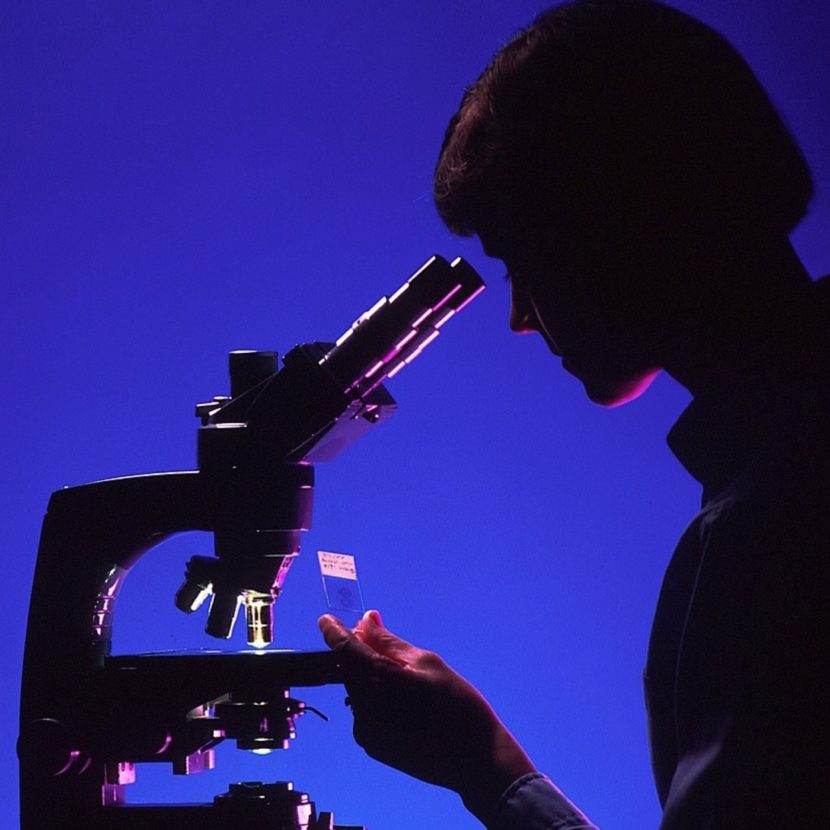
Women in Science
What was it like for women in the sciences at the beginning of the 20th century? Today we discuss one woman in particular – Ruby Payne-Scott. Ruby was a brilliant radio astrophysicist who also fought for equal rights for women in the workforce, and her career was shaped by WWII, her marriage, and when she had children. Today we are joined by Dr. Miller Goss, a radio astronomer, who wrote a book about Ruby’s life. We discuss what it was like for women 1oo years ago, and how far we have come.
The Solar Eclipse – Awe, Wonder, and Science
What is it like to see a total solar eclipse? It’s hard to describe, but I hope that this podcast, with the cheers of pure joy from the people who saw it, might give you a little taste. We also talk about what science was done during the eclipse, from watching the oceans to watching the climate.
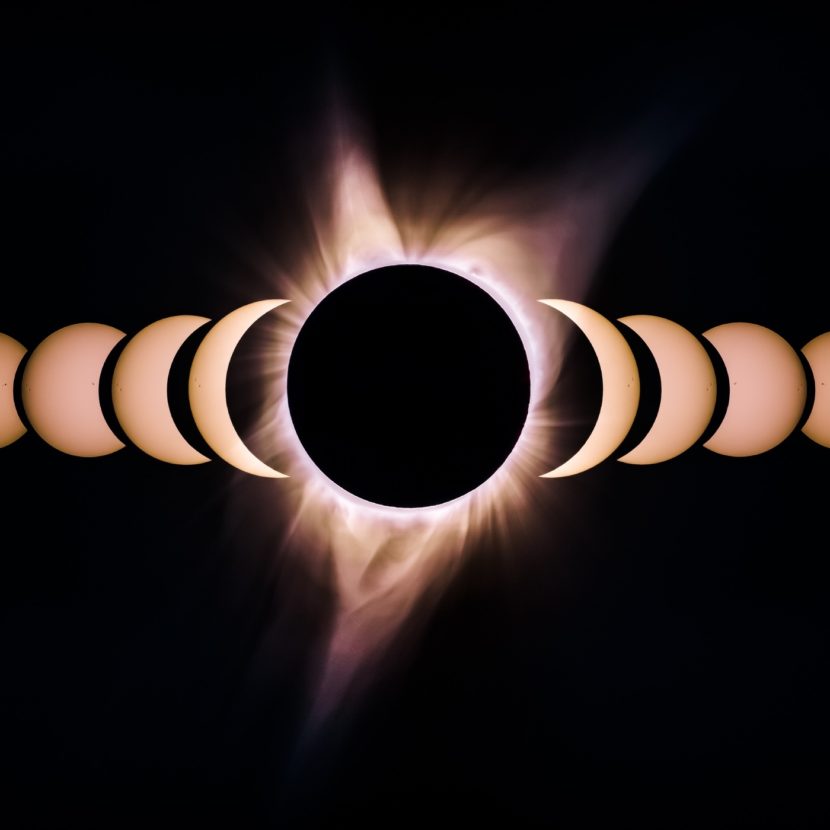
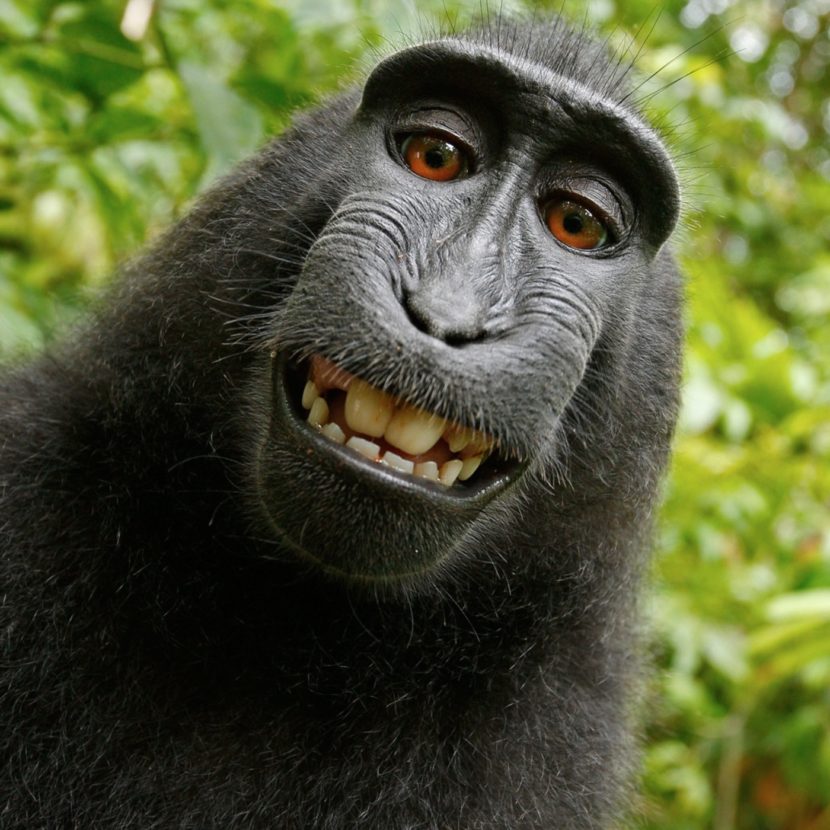
Teaching Science with Animals and Travel
In this special podcast episode, I am teaming up with Dr. Meenakshi Prabhune. We interview each other about our work in science and science communication. In this podcast, I talk to her about how she uses animals and travel to communicate heavier topics in science, like biophysics and genetics. She then interviews me about this podcast series. Both of these interviews appear in Signal to Noise Magazine.
Autism Therapy and Zen
Autism has not always been well understood in the medical community. In fact, sometimes it was so poorly understood that people with autism suffered from misdiagnosis. Yet, these brave people fought their way in a world that constantly demanded they be normal. In today’s podcast I talk to Anlor Davin, author of Being Seen, about her journey with autism, autism therapy, and about finding a balance of her own life through Zen meditation.
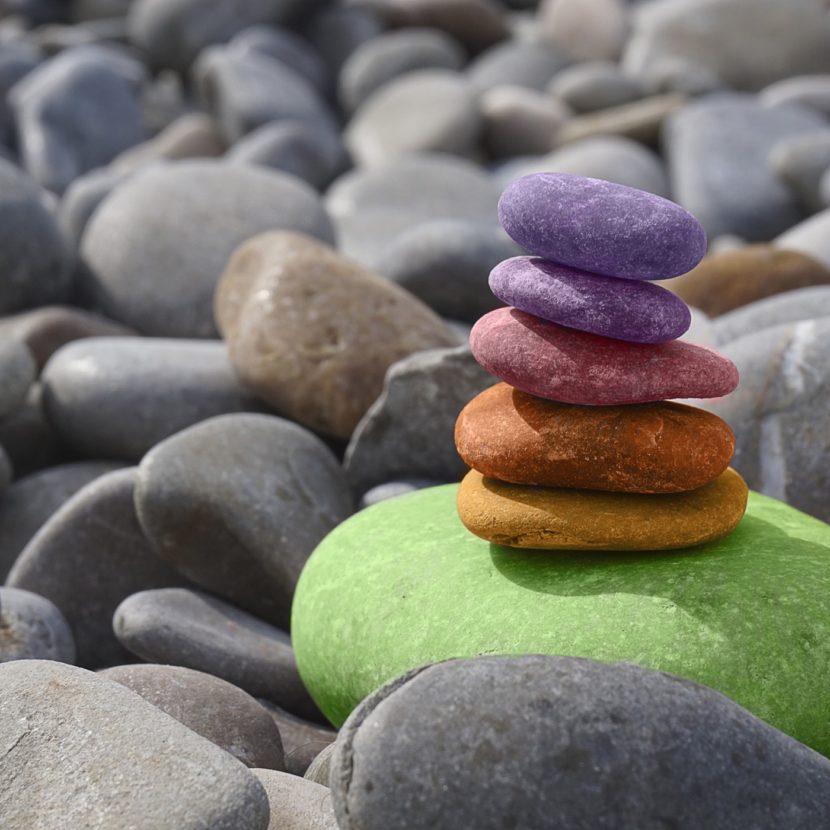
A Slice of Life
Food in space leaves a lot to be desired. But if we want to have a sustained presence in space, this will have to change. Today I’m joined with Sebastian Marcu and Neil Jaschinski of a company called Bake In Space, seeking not only to make bread safe to eat in space, but to actually bake it there as well! What challenges do they have to overcome? Find out!
The Ethics of Augmented Reality and Our Future
Augmented Reality – It could be games like Pokémon Go. It could also mean talking to an old friend a world away, but it looks like they are siting in the chair besides you. It’s exciting, but what ethical and privacy issues come along with augmented reality? Today we talk to Liv Erickson, a software engineer at High Fidelity who works on VR and AR, about the implications of augmented reality.
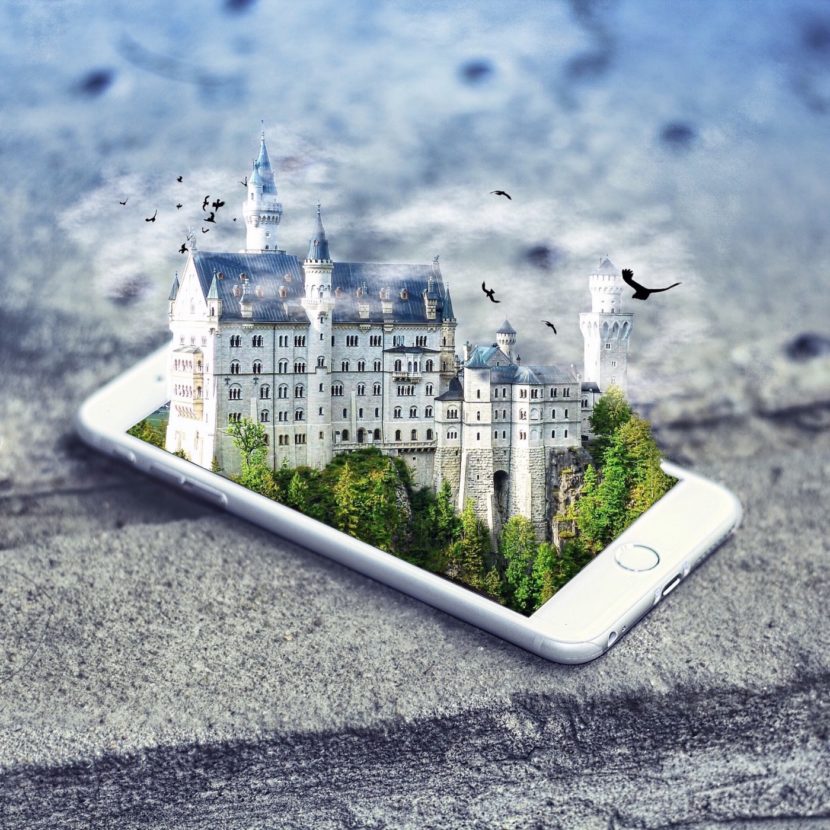
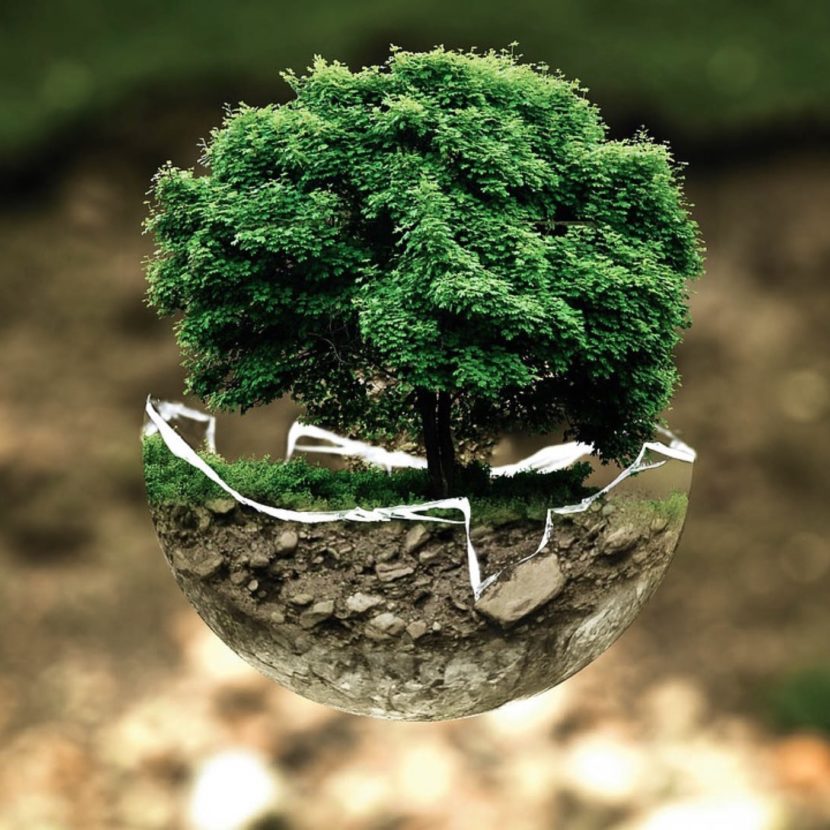
Sustainability – The Bigger Picture
Robots That Eat Trash and the Entrepreneurs Who Build Them
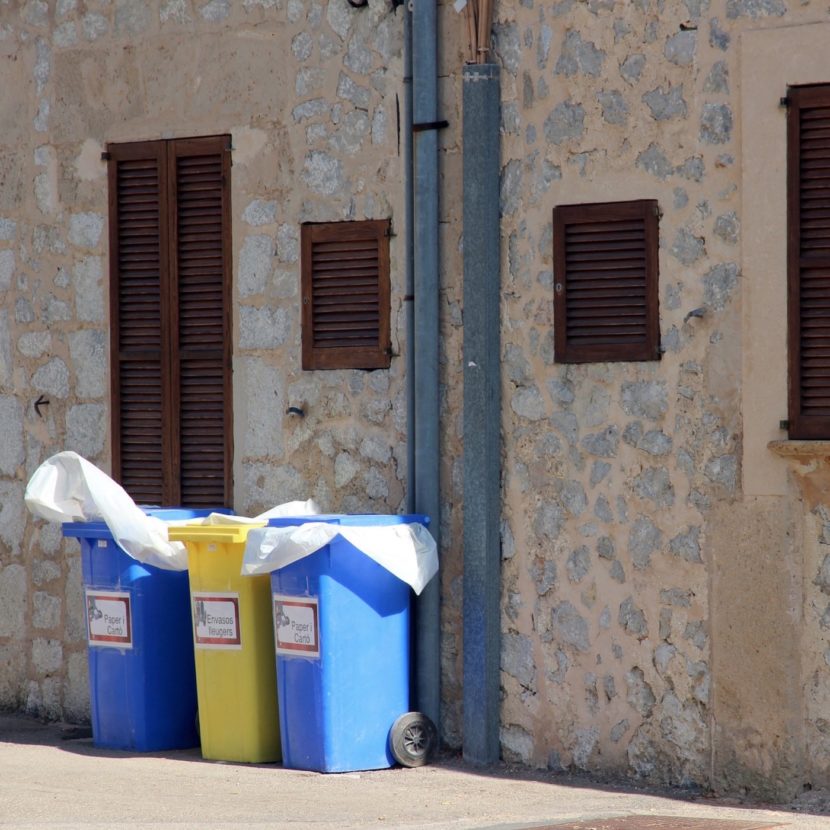
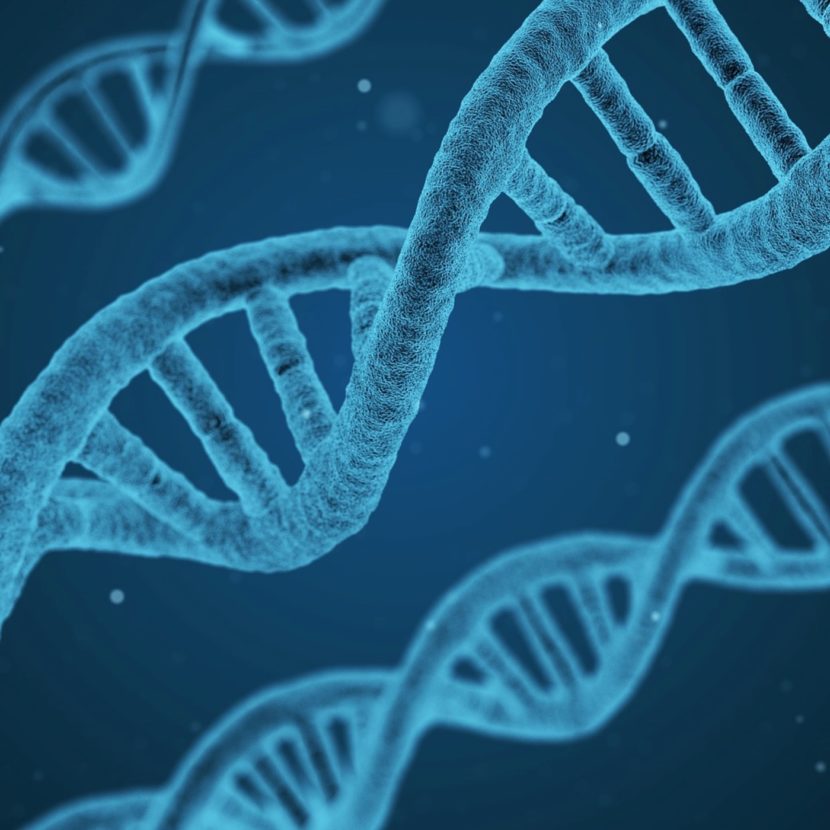
CRISPR – With Great Power Comes Great Responsibility
Your Body in Space
Your body is a delicate machine, and space is a harsh environment. Today we talk to Dr. Ronke Olabisi, a biomedical engineer, about the challenges that the human body has to withstand in space and ways to overcome them. These advances will make space safer for astronauts, and can make life on Earth healthier as well!
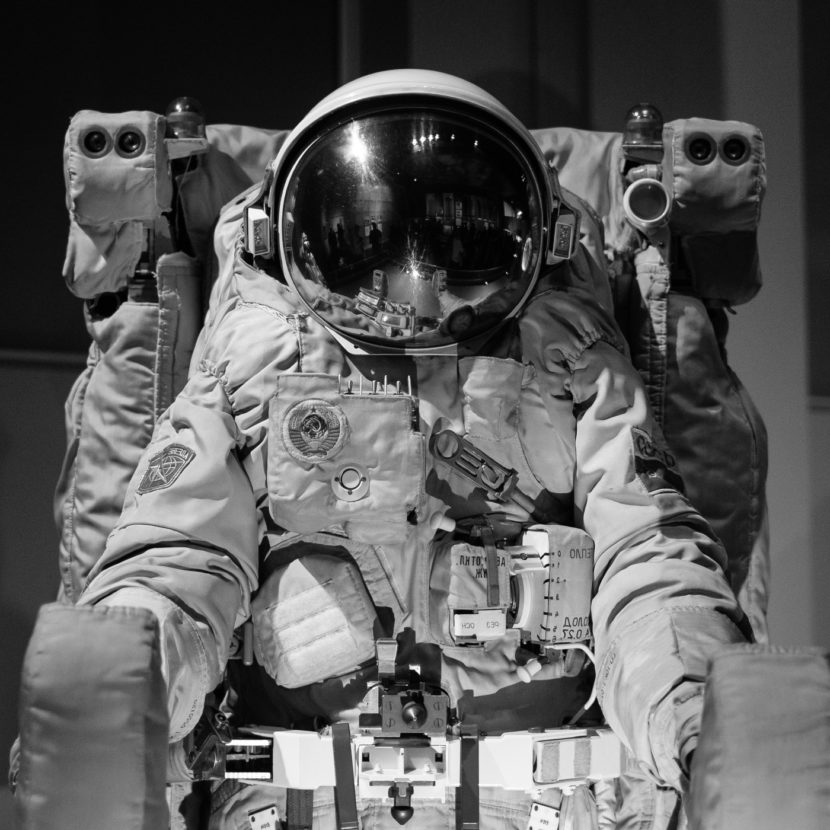
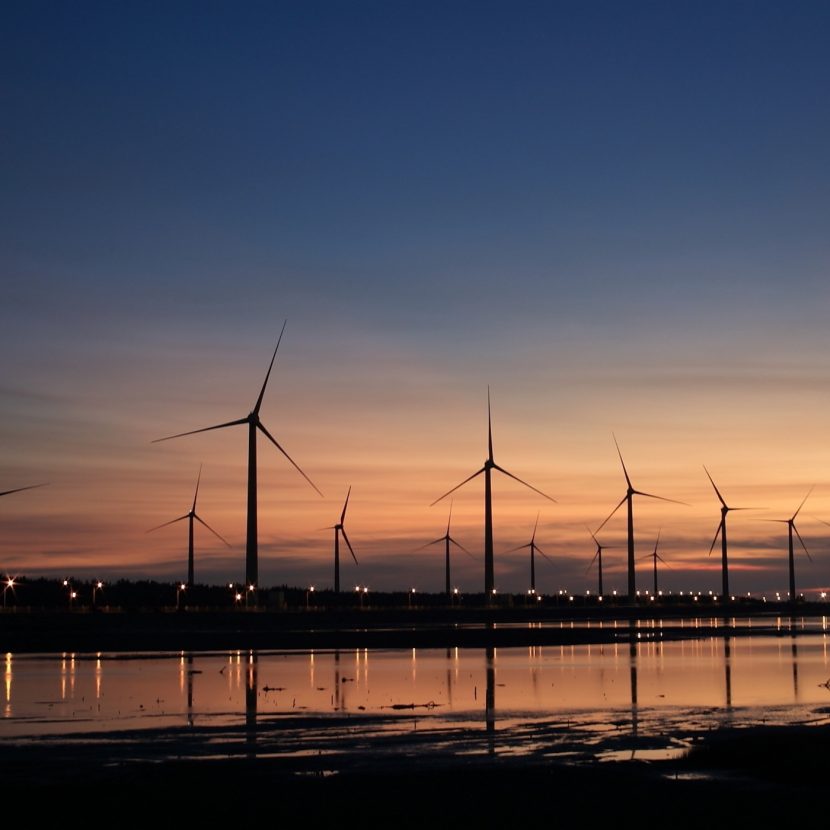
The Energy Future of America – from Renewable Energy to Carbon-Negative Technology
Educational Hotspots for Children of the Developing World
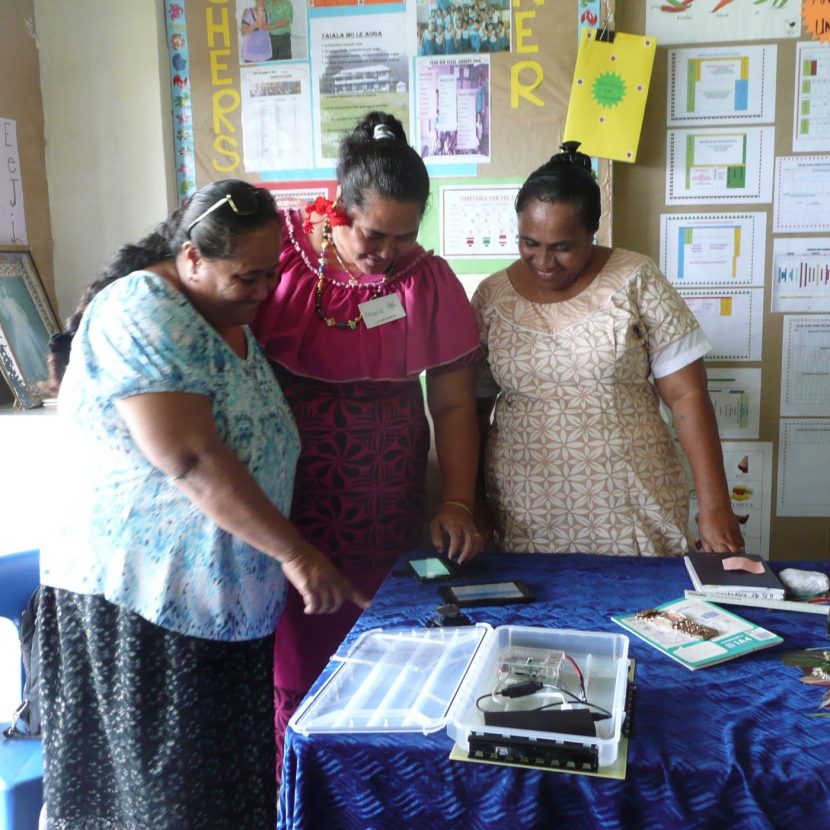
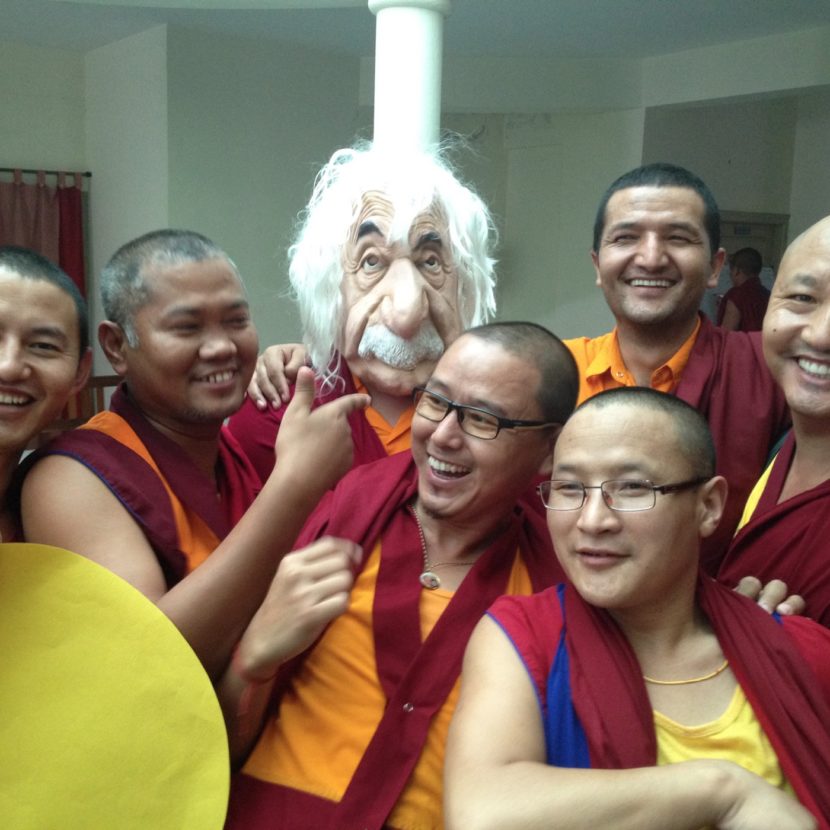
The Dalai Lama, Tibetan Monks, and Science
Volcanoes – Making Your Planet Habitable for 4.6 Billion Years
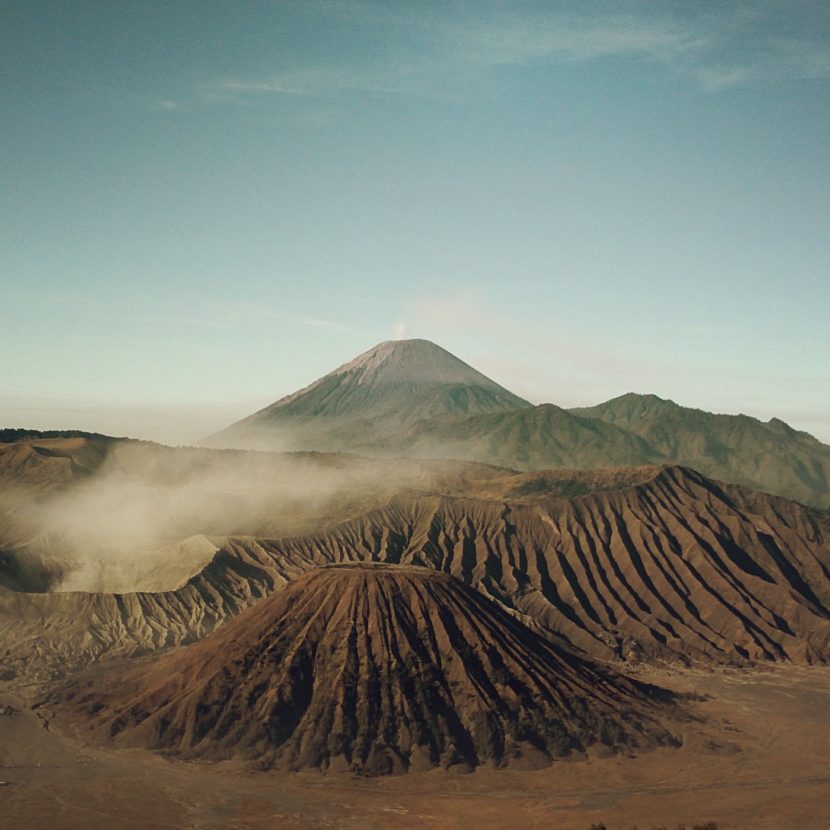
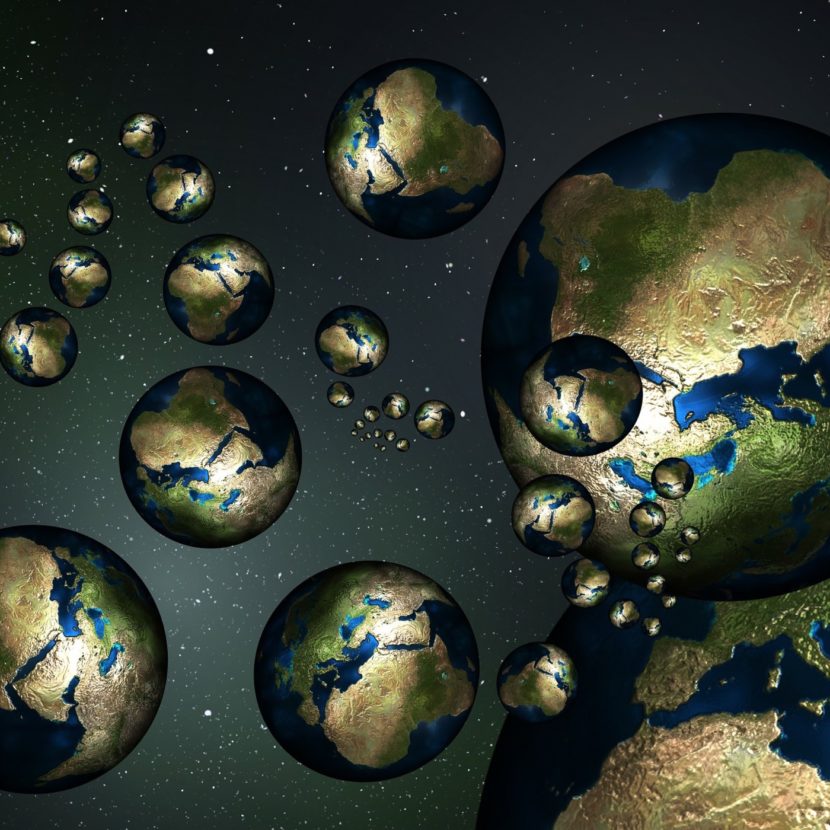
World Upon World, Universe Upon Universe
The Robotic Moral Code
There are now instances when robots, machines, and artificial intelligence will need an ethical framework. From self-driving cars to autonomous weapons systems to robots in healthcare, machines will be called upon to make ethical decisions. But how do we even begin to describe morality in lines of code and mathematics that a robot can understand? Today we talk to Dr. Don Howard, a philosopher who speculates about a robotic moral code.
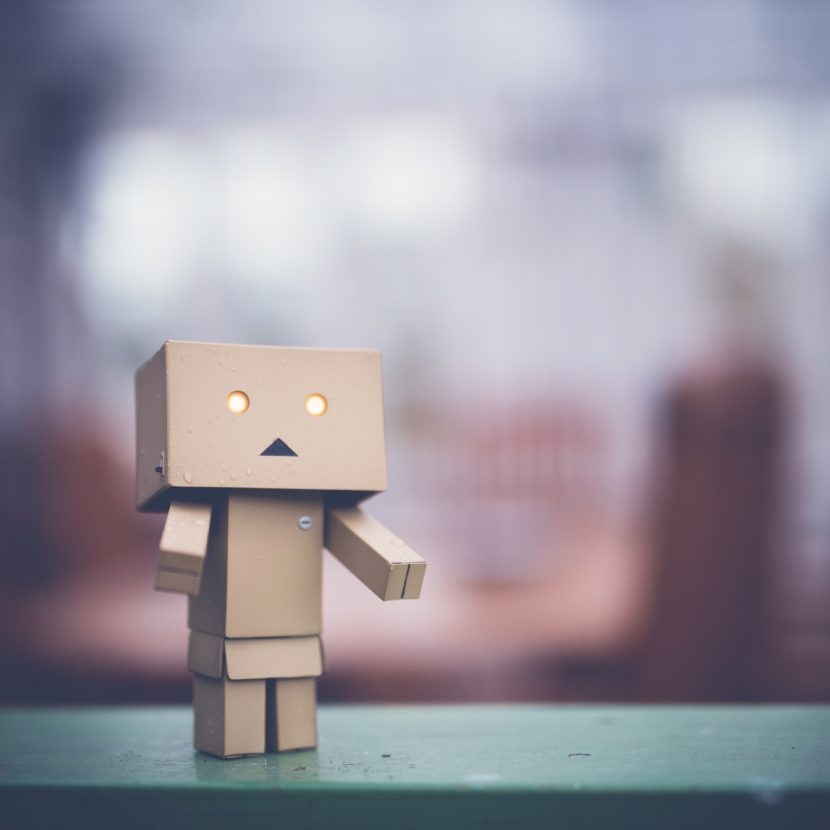
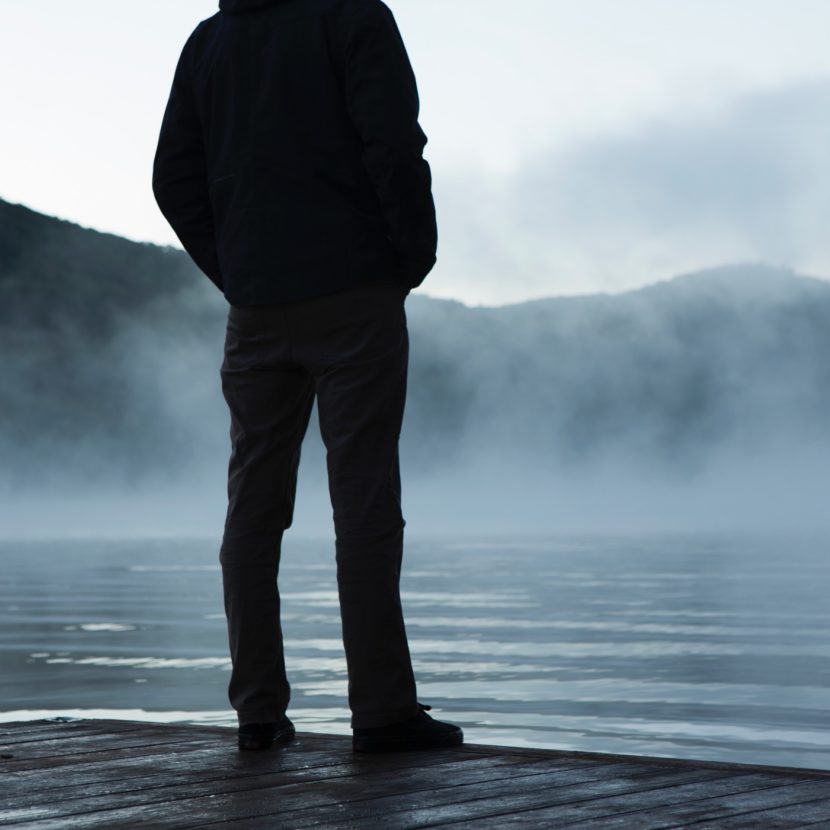
Create Your Own Brain
Climate Change, Religion, and Ethics – A Jewish, Christian, and Muslim Perspective
